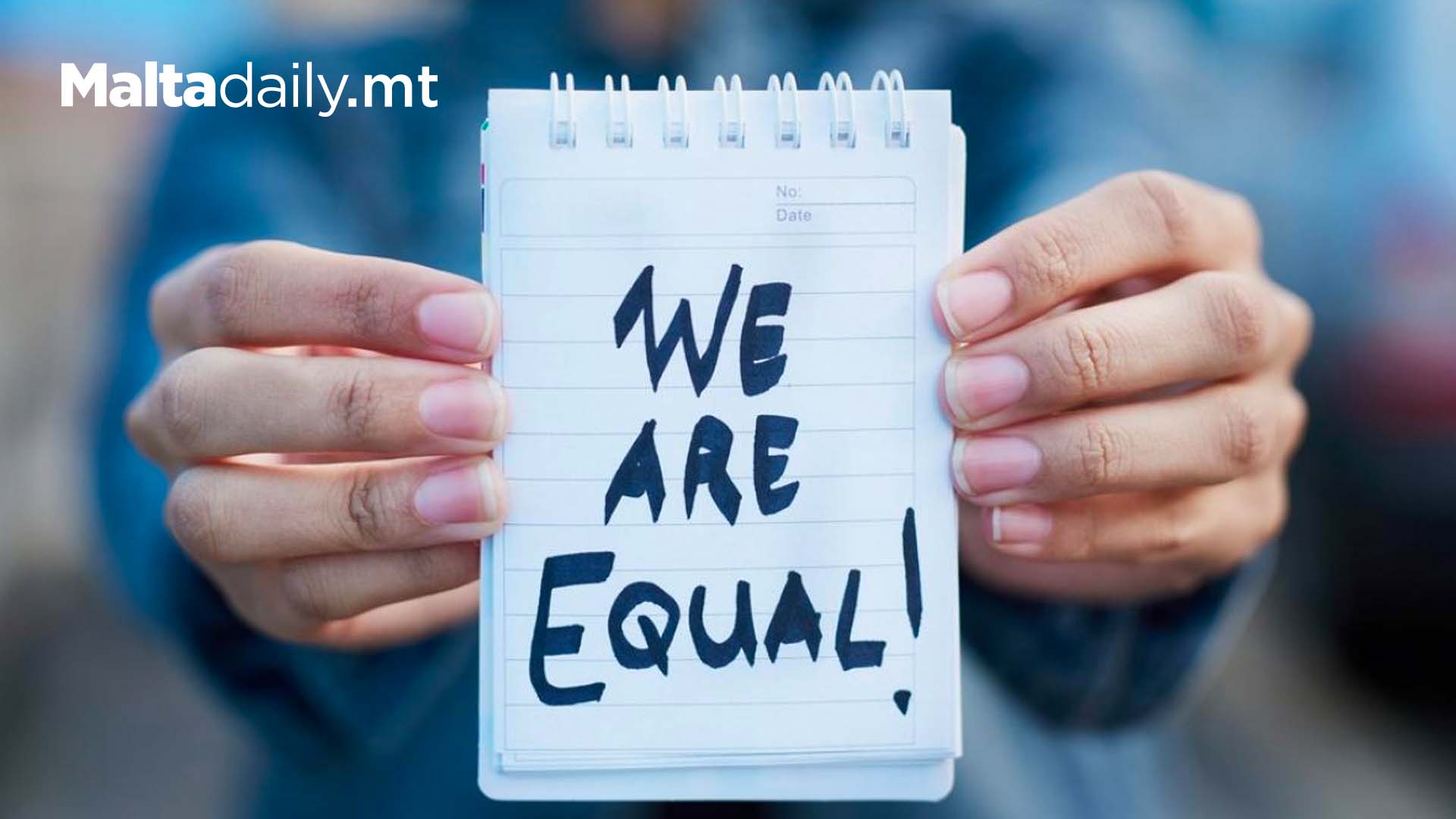Malta In Gender Equality Index 2023: Progress And Challenges

In the recently published Gender Equality Index (GEI) 2023, Malta ranks 14th among the 27 EU Member States, scoring 67.8 points out of 100. While this marks an improvement from the previous year’s score of 65.6 points, Malta’s overall ranking has slipped by one place from 13th place to 14th place, now standing 2.4 points below the EU average.
Since 2010, Malta has made commendable progress, with a remarkable increase of 13.4 points in its GEI score, one of the highest among EU Member States. Notably, since 2020, Malta’s overall score has risen by 2.2 points, driven primarily by improvements in the domains of knowledge (+ 4.9 points) and power (+ 4.9 points).
The GEI is a critical tool for monitoring gender equality progress across the EU over time. It measures gender gaps in six core domains: work, money, knowledge, time, power, and health, using a scale from 1 (total inequality) to 100 (total equality).
Malta’s standout performance comes in the domain of work, where the country secures a remarkable 3rd place among all EU Member States, with a score of 80.0 points. Malta’s performance in the sub-domain of segregation and quality of work is particularly noteworthy, where it ranks 2nd among all EU countries since 2010.
Gender disparities persist in the domain of money. Women not only remain less likely to participate in the labour market than men, but they also earn less when in employment. Malta scores 83.3 points in this domain, slightly lower than in 2020 but 0.7 points higher than the EU average. The recent adoption of the new Pay Transparency Directive, requiring employers to disclose pay information, represents a significant step toward addressing these gender pay and pension gaps in the EU.
A remarkable improvement for Malta was registered in the domain of knowledge which increased by 4.9 points, elevating Malta’s ranking for this domain from 9th place to 4th. The key driver behind this change is the sub-domain of segregation, where Malta gained 5.7 points. The country also improved in the sub-domain of attainment and participation, scoring 72.3 points and holding the 14th position since 2020.
This year’s index introduces a critical update in the domain of time, based on the EIGE survey on gender gaps in unpaid care and social activities. Malta’s score in this domain has experienced a drop of 4.8 points since 2020, resulting in a ranking drop from 13th to 24th place, with a significant decline in the sub-domain of social activities. Nevertheless, a substantial increase of 8.6 points was registered in the sub-domain of care activities.
Malta is not without its challenges in the domain of power, where it scores 45.3 points and ranks 19th. Although the country has made progress, increasing its score by 4.9 points since 2020, other Member States have advanced more rapidly, keeping Malta’s ranking the same. Notably, the sub-domain of political decision-making offers the most room for improvement, where Malta scores 39.8 points, ranking 22nd. As stated last year, the National Commission for the Promotion of Equality (NCPE) eagerly anticipates future Indexes in this domain, which should duly acknowledge the rise in the number of women in parliament following the implementation of the gender corrective mechanism during the 2022 general election.
With a focus on the impacts of the COVID-19 pandemic, the GEI shows that Malta scores highest in the domain of health, with 87.4 points, slightly below the EU average.
In the domain of violence, Malta recorded the lowest rate of femicide in the EU, with zero women victims of intentional homicide by an intimate partner or family member in 2021. In Malta, 26% of women who have ever been in a relationship have experienced violence by an intimate partner during their adult life, whilst over a quarter of women who have ever worked have experienced sexual harassment at work.
The GEI 2023 has a thematic focus on the socially fair transposition of the European Green Deal, focusing on gender differences in unpaid care, including links to transport, the environment and personal consumption and behaviour.
Notably, in 2022, Maltese women (42%) demonstrated a higher tendency than men (28%) to choose environmentally friendly options in childcare activities. This includes avoiding single-use items, buying second-hand goods, and educating the children under their care about environmental issues. However, it is observed that people in Malta are less likely to opt for low carbon-emission transport modes compared to their EU counterparts.
The NCPE acknowledges and closely monitors Malta’s position in the GEI 2023. While it has witnessed commendable progress in certain domains, it also recognises the persistent challenges that require our collective attention and commitment.
#MaltaDaily


